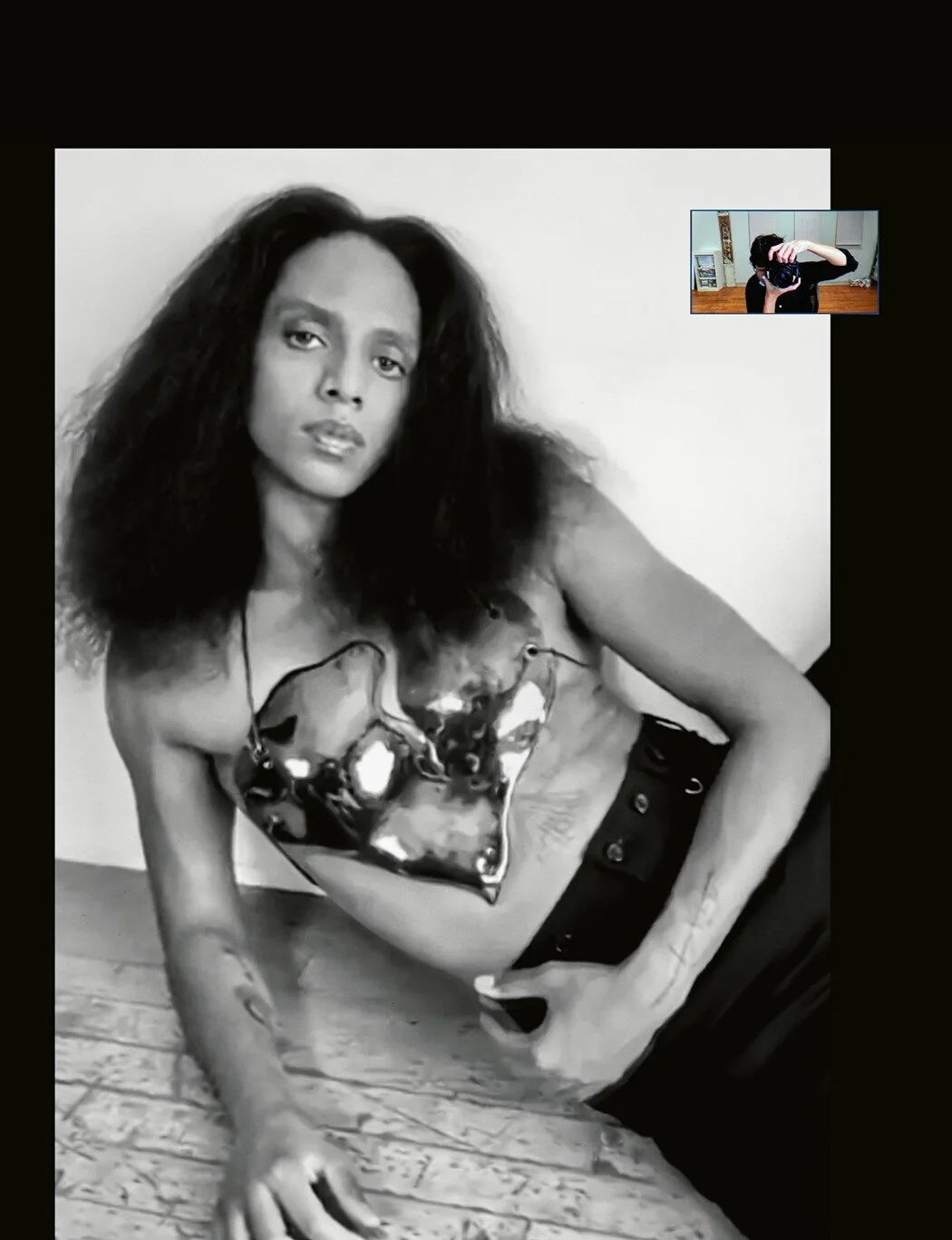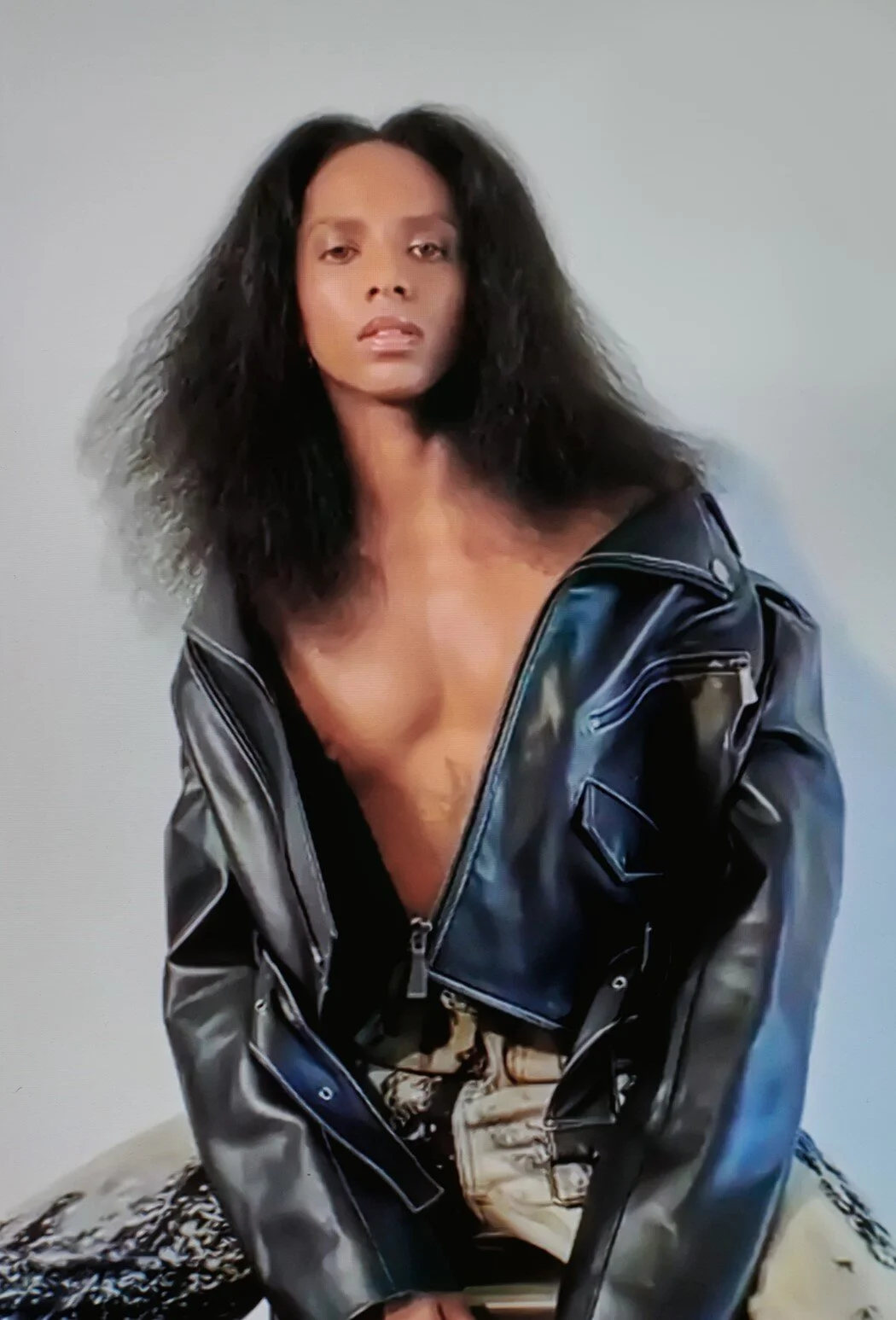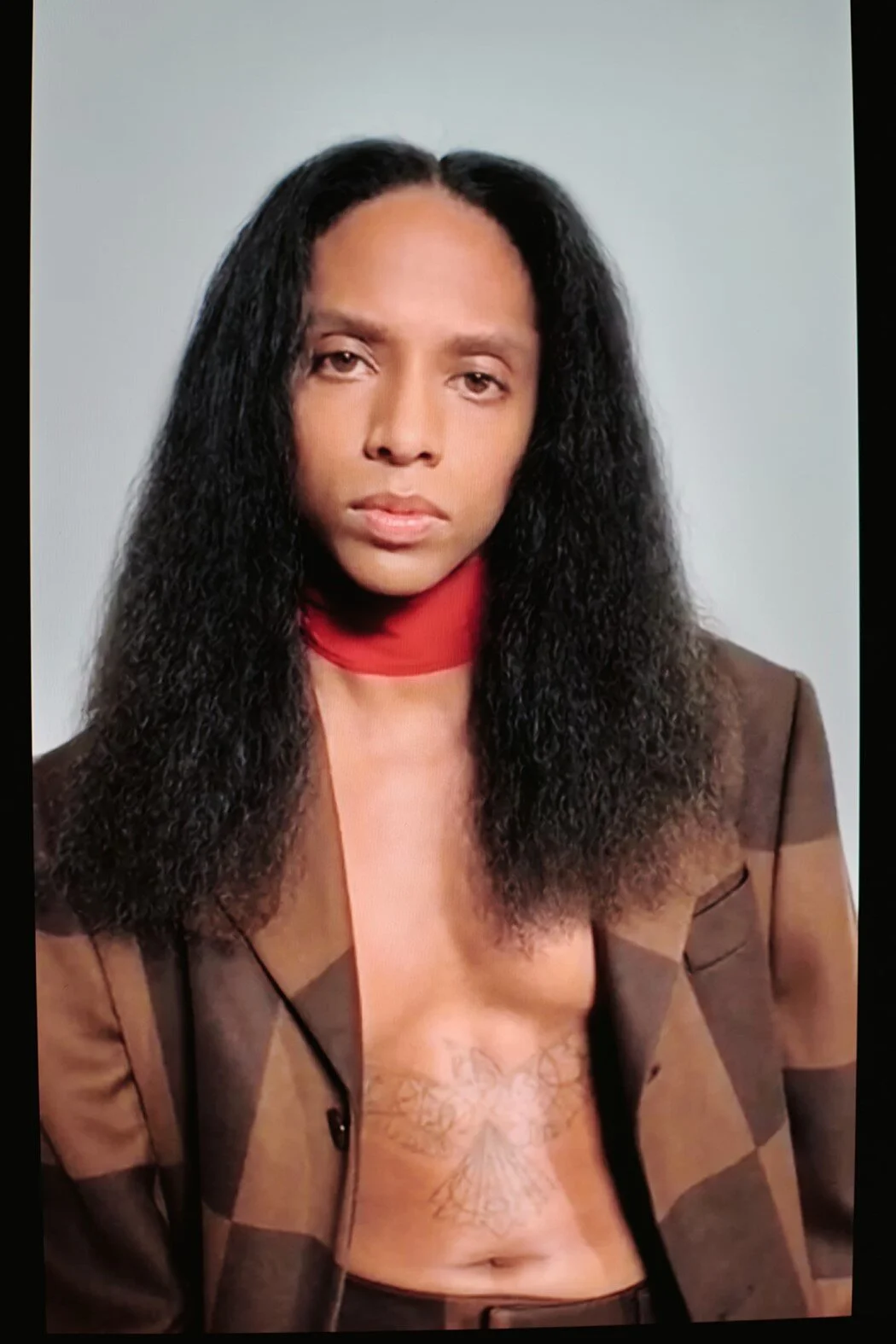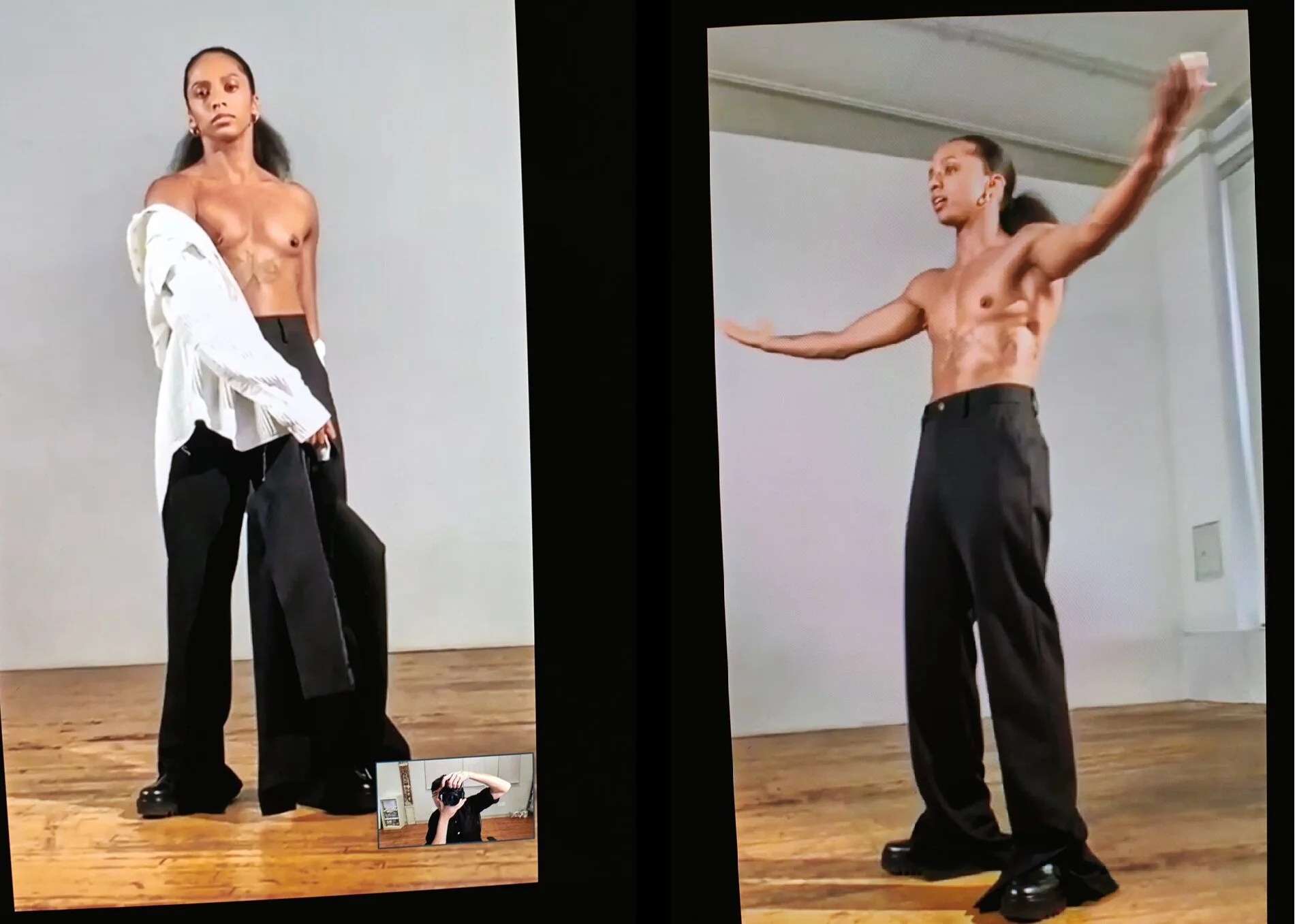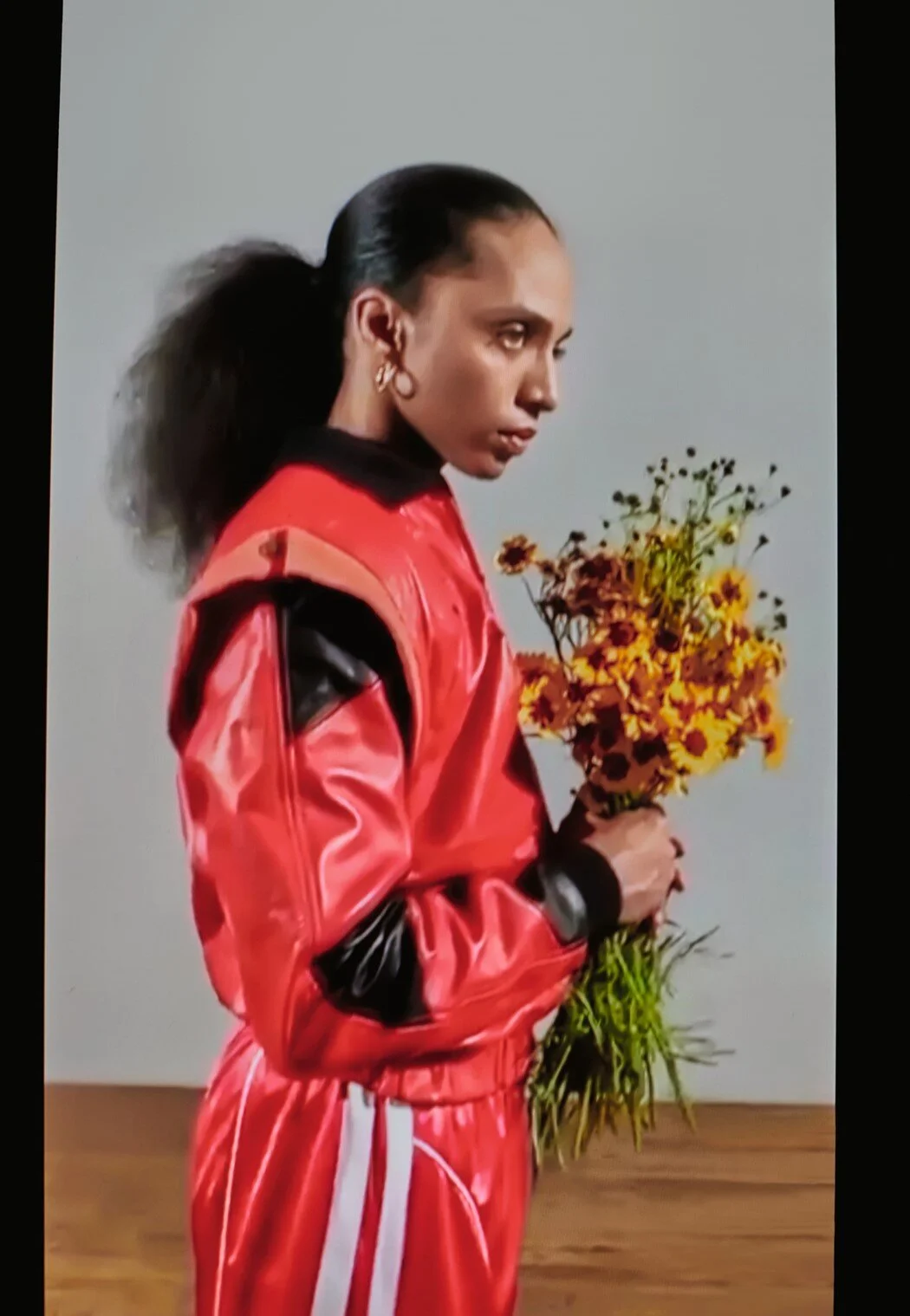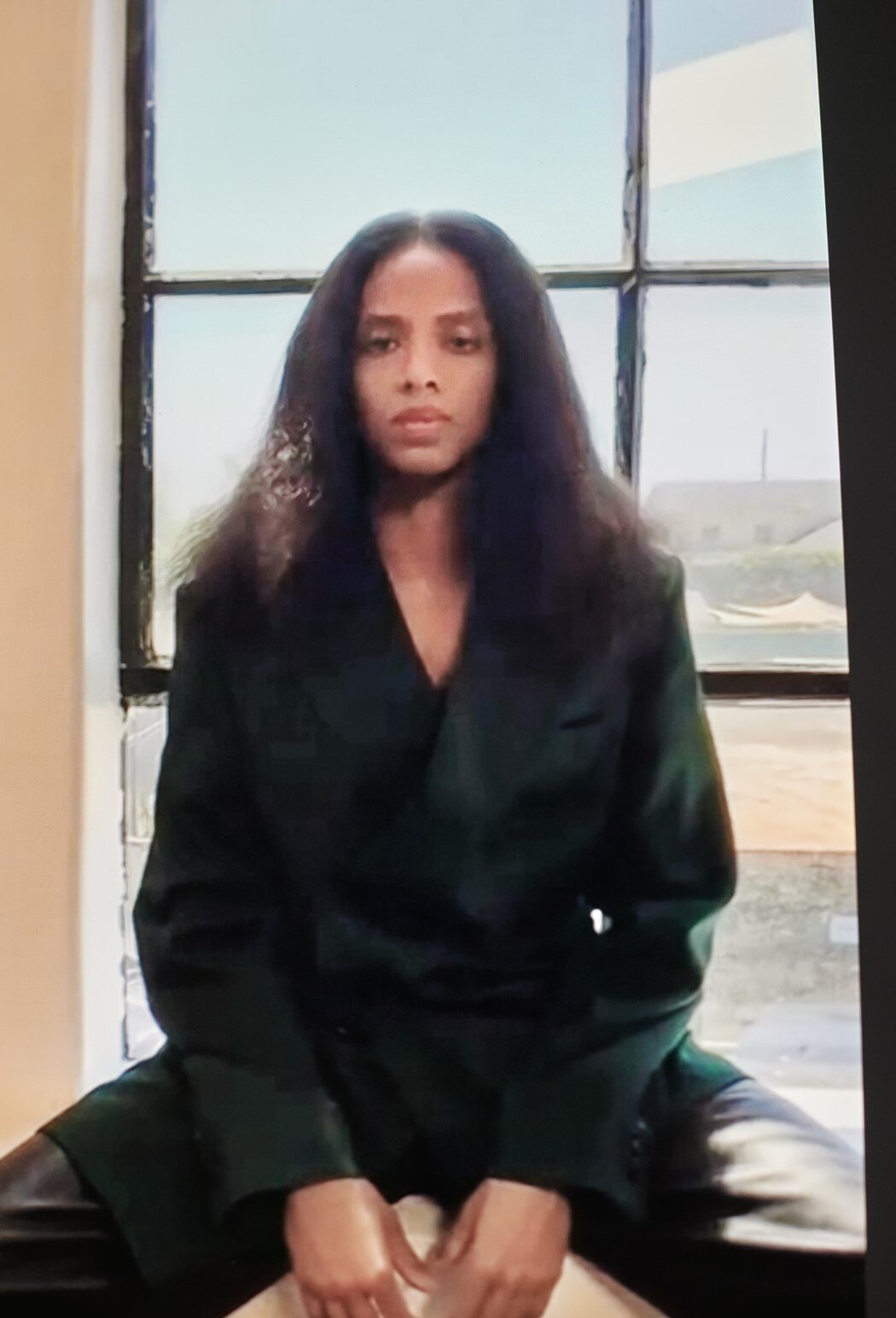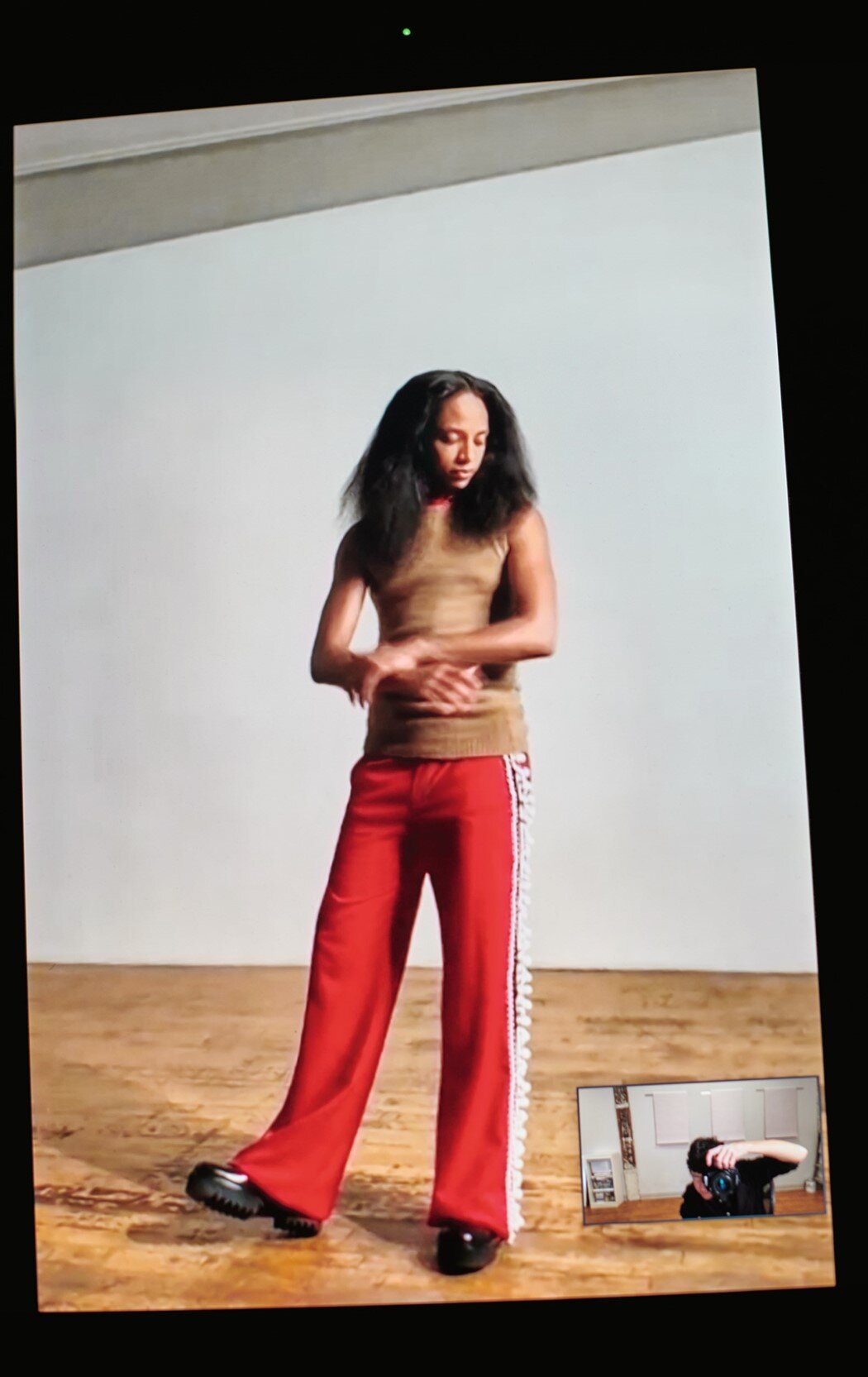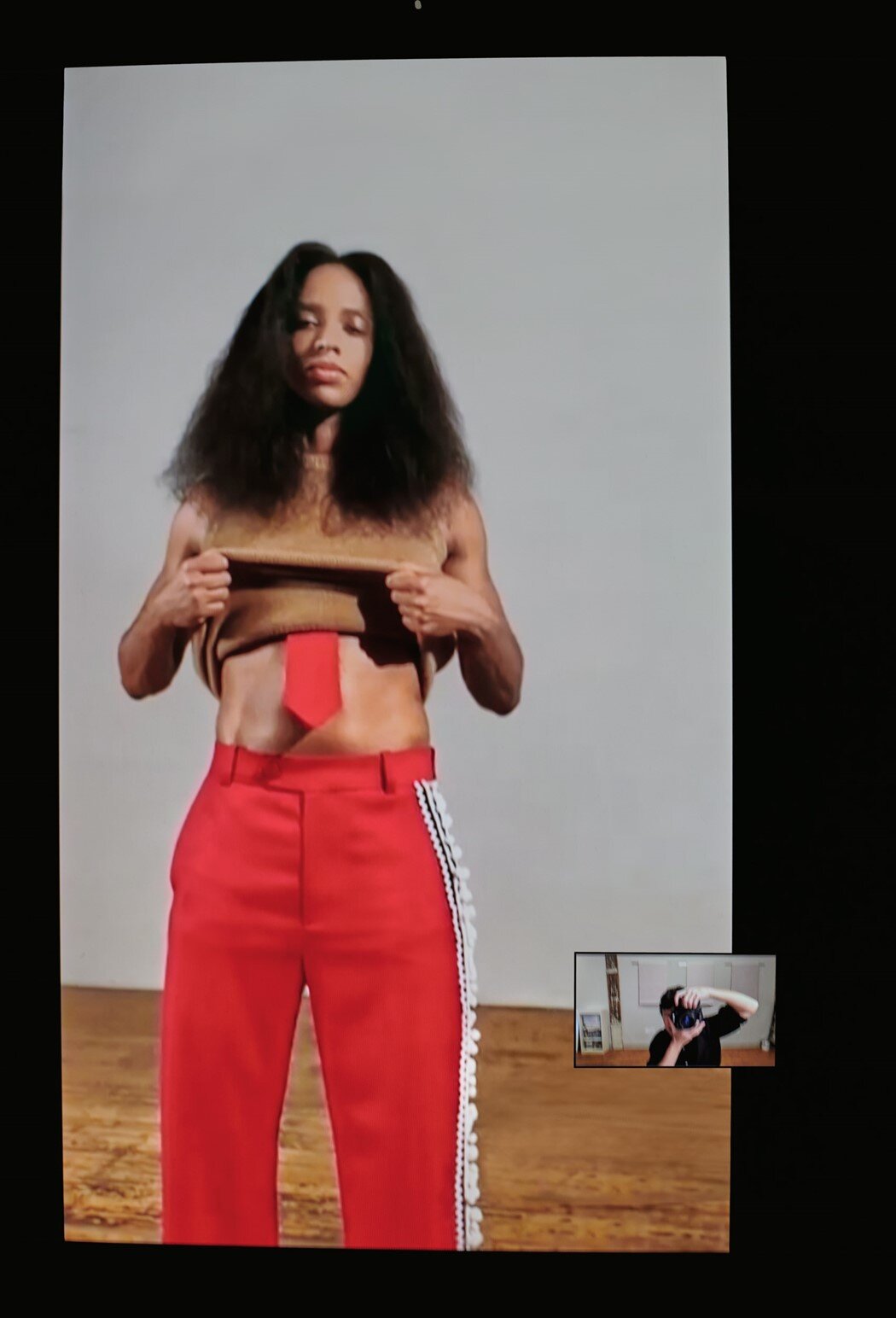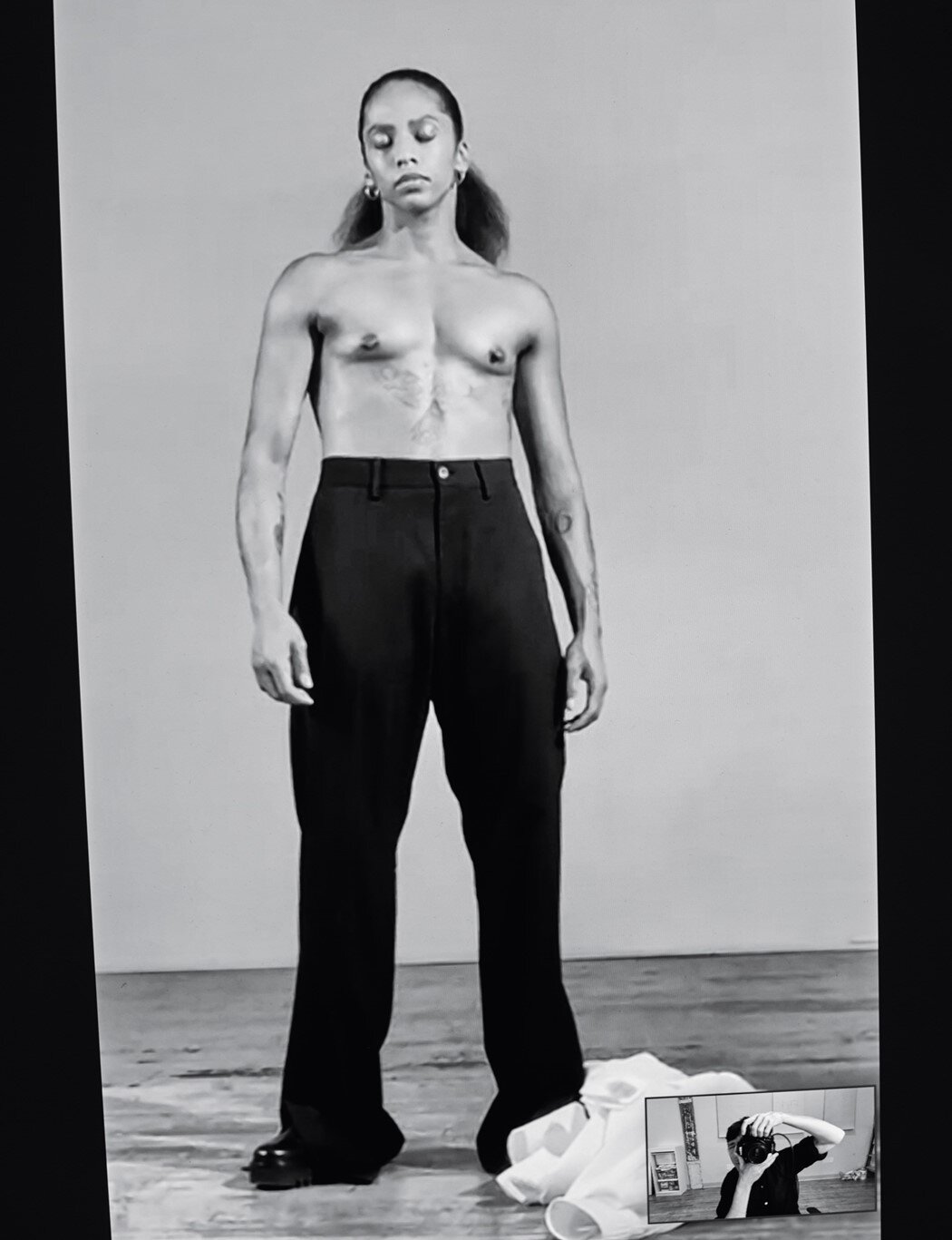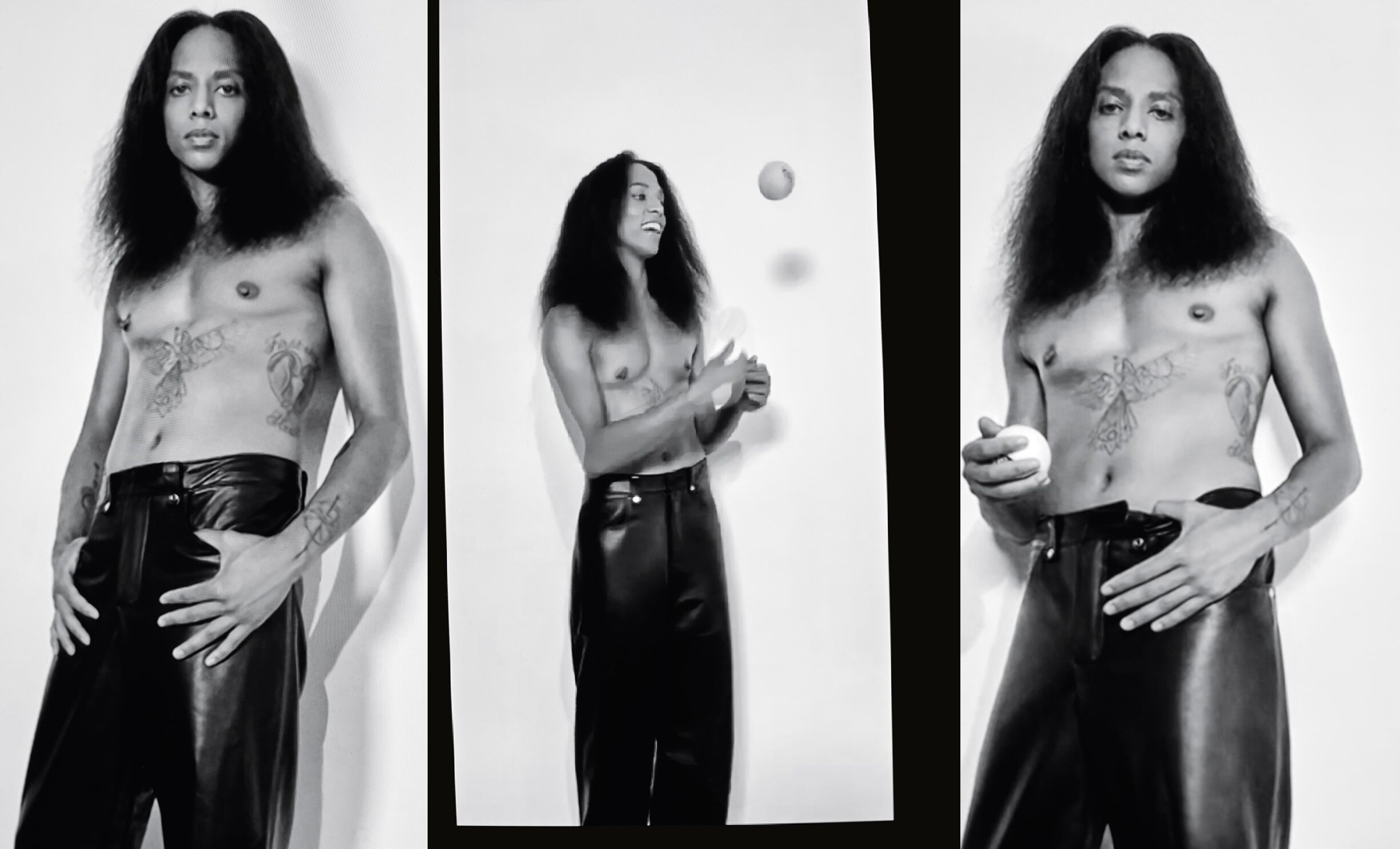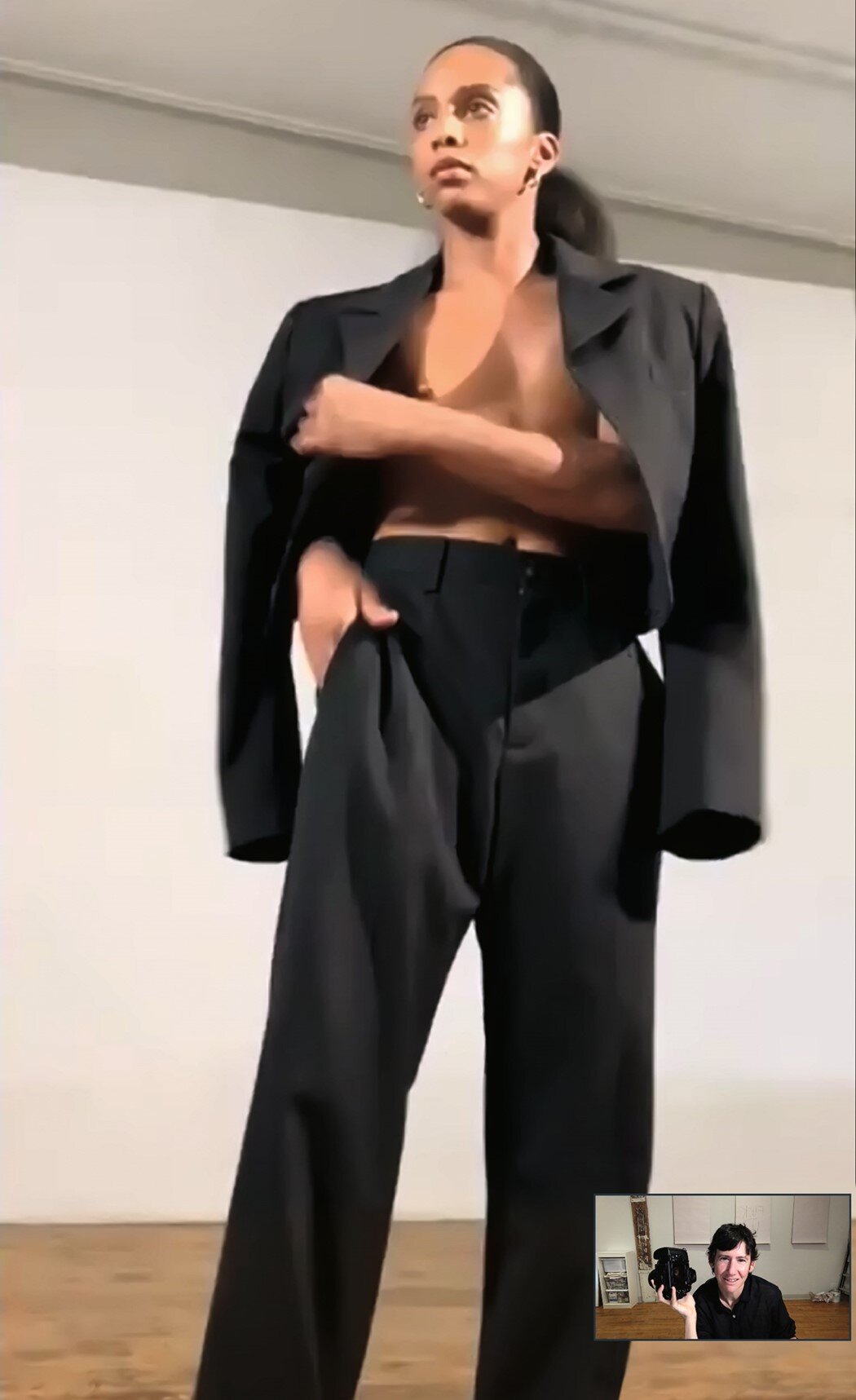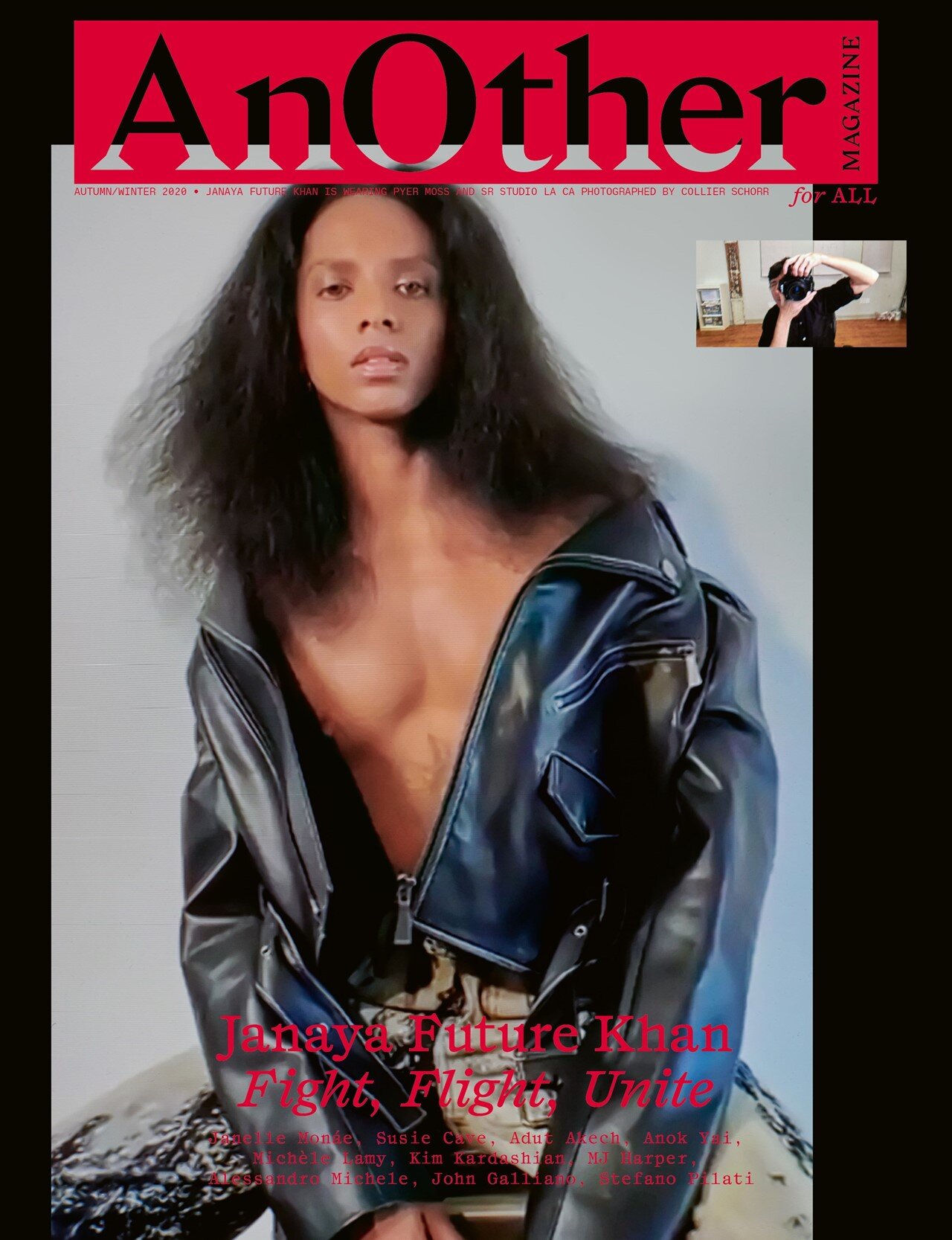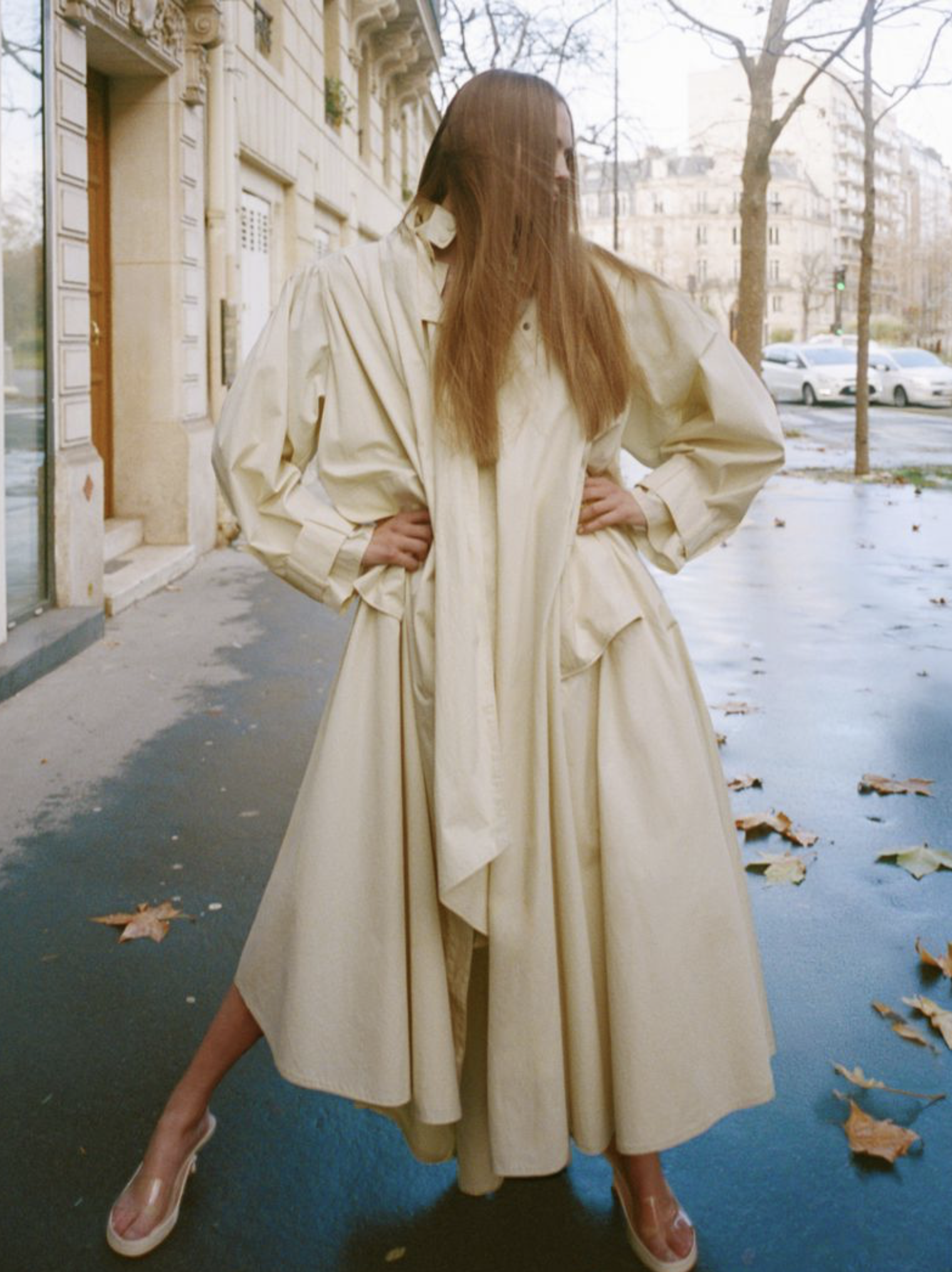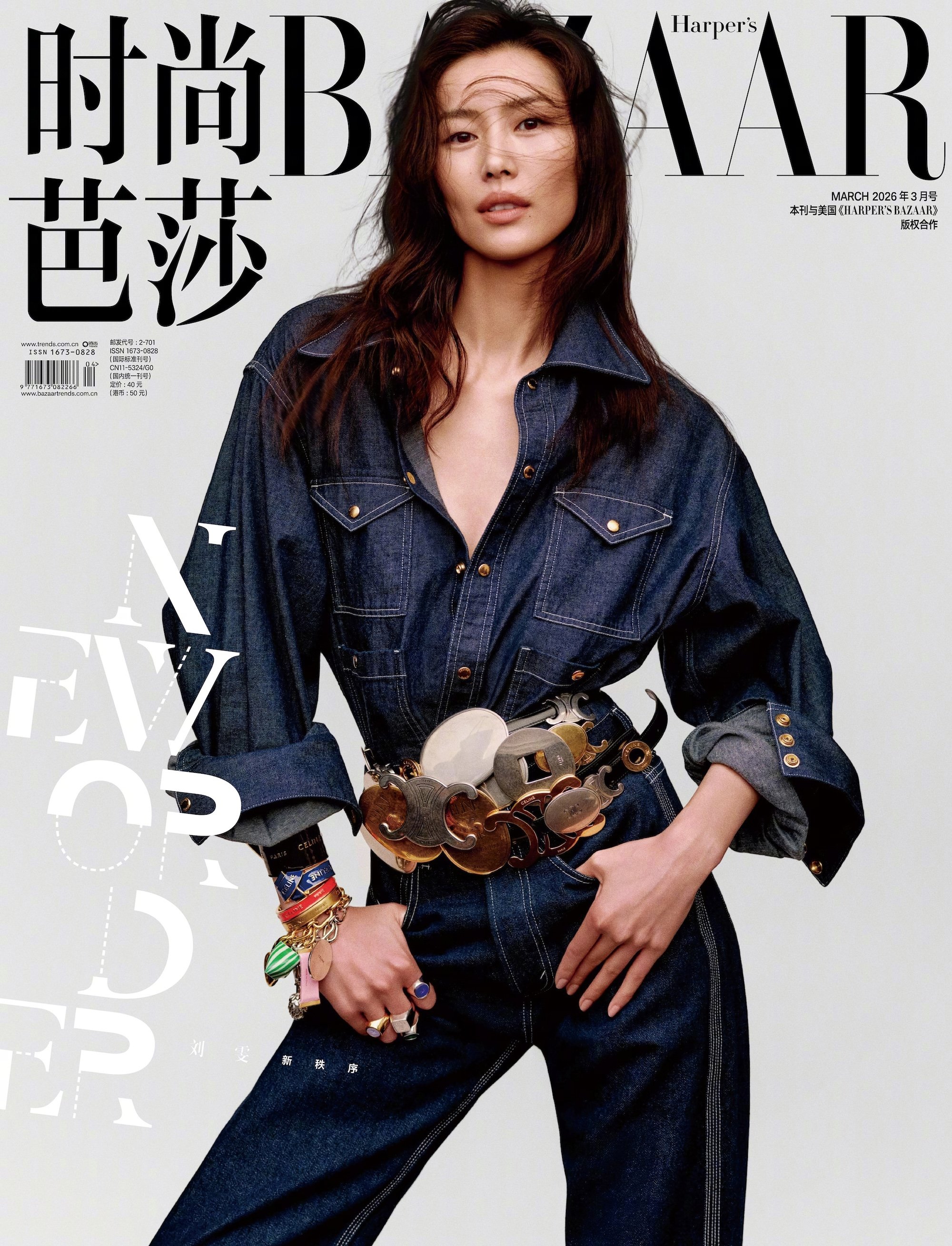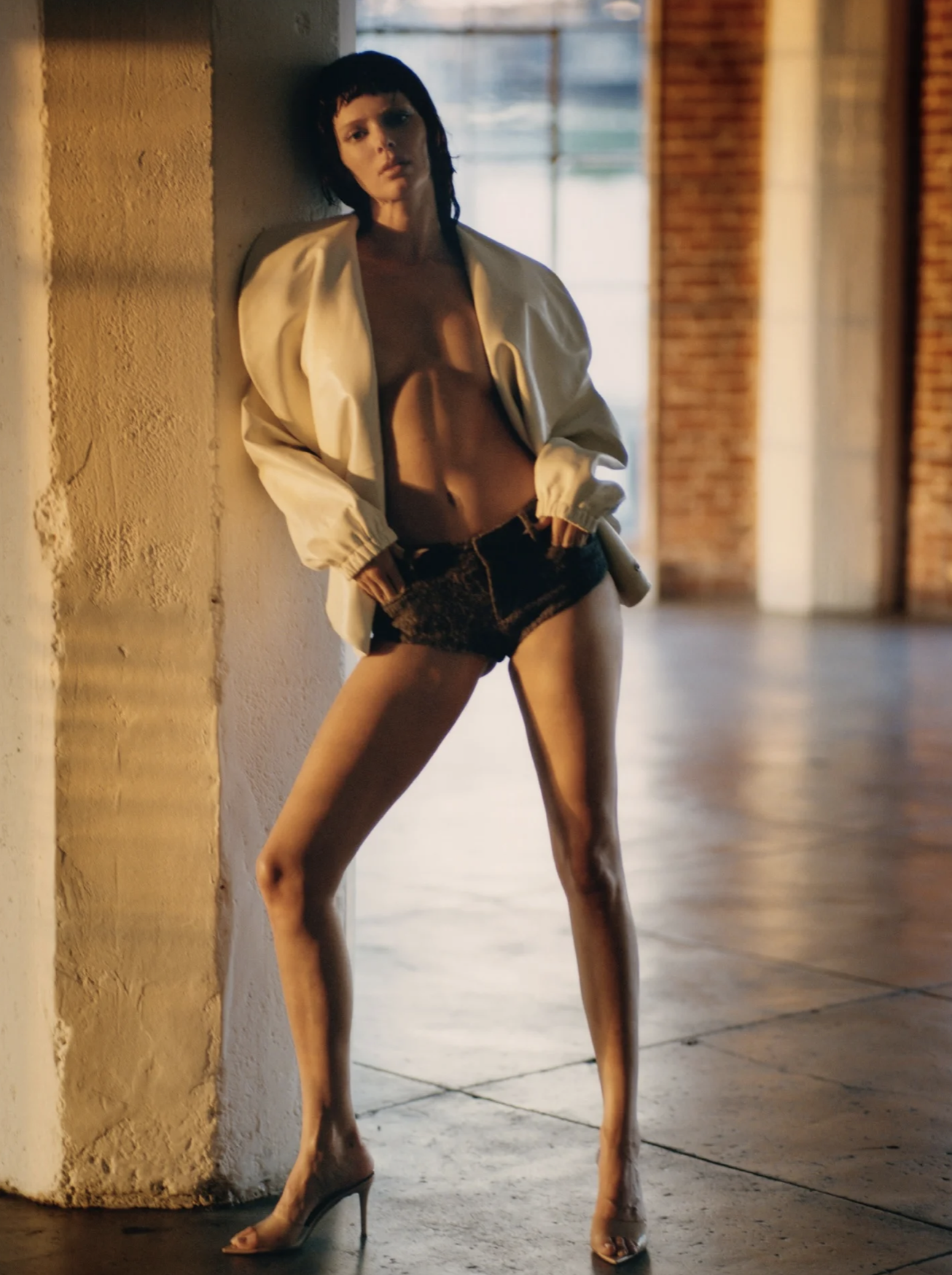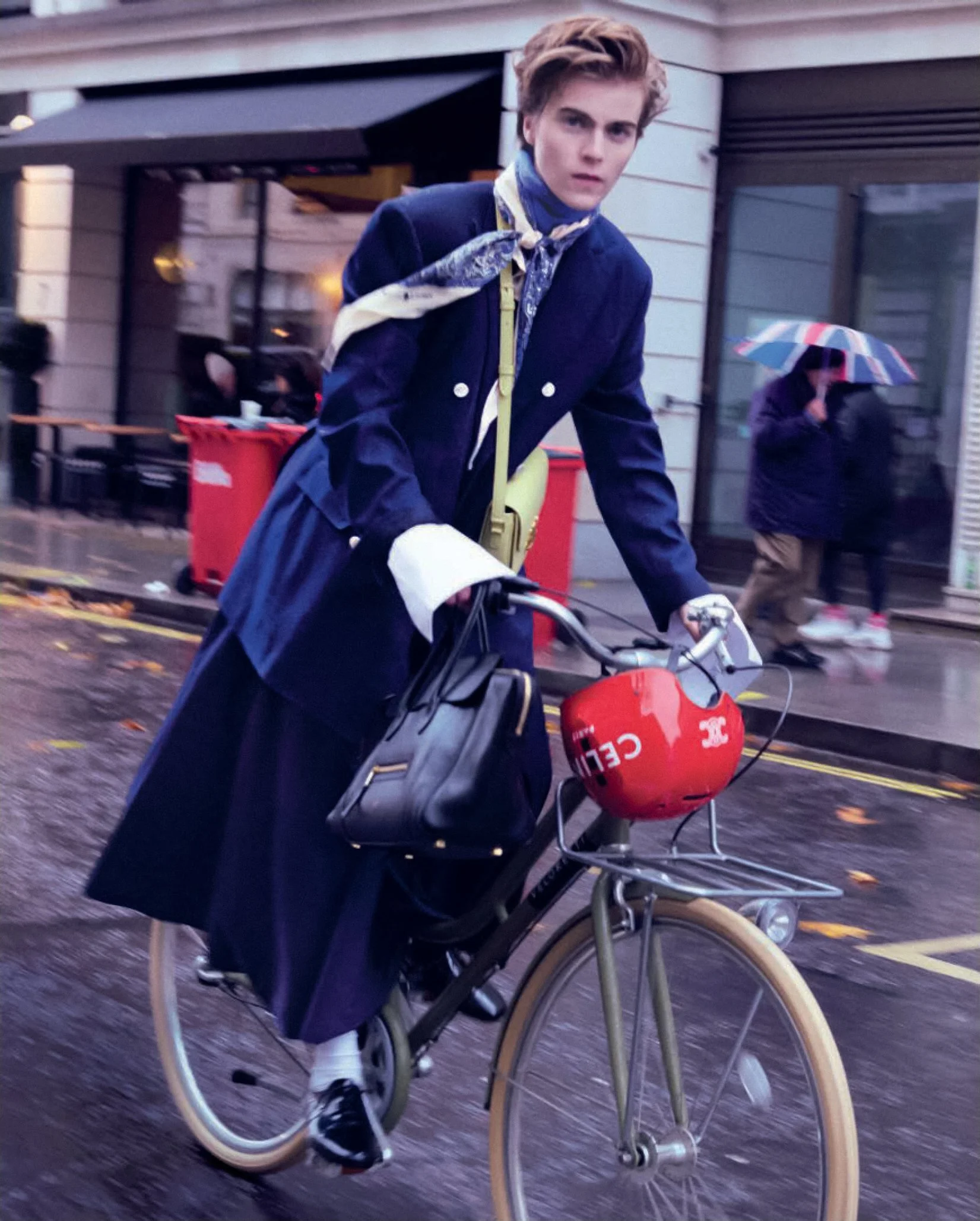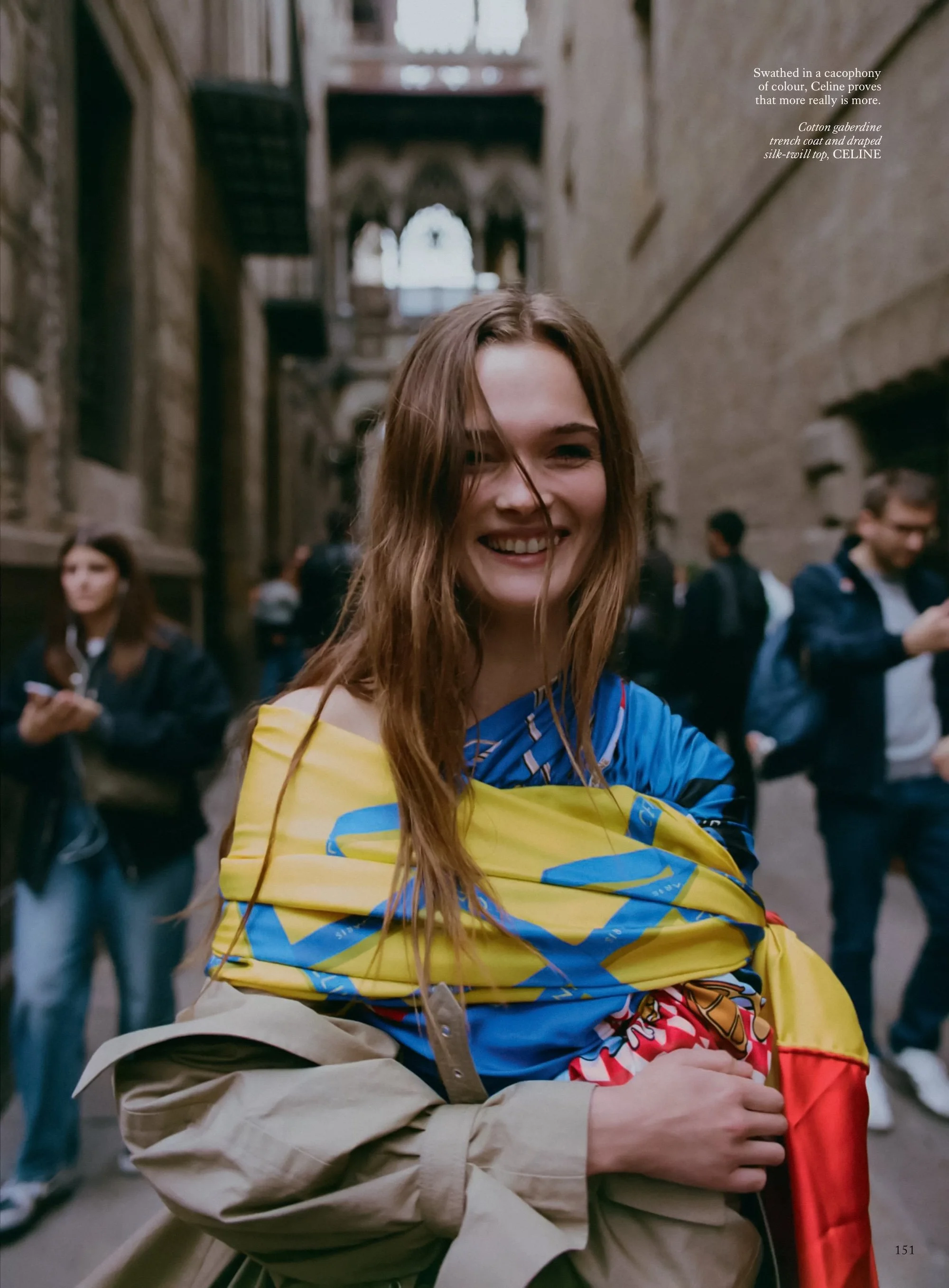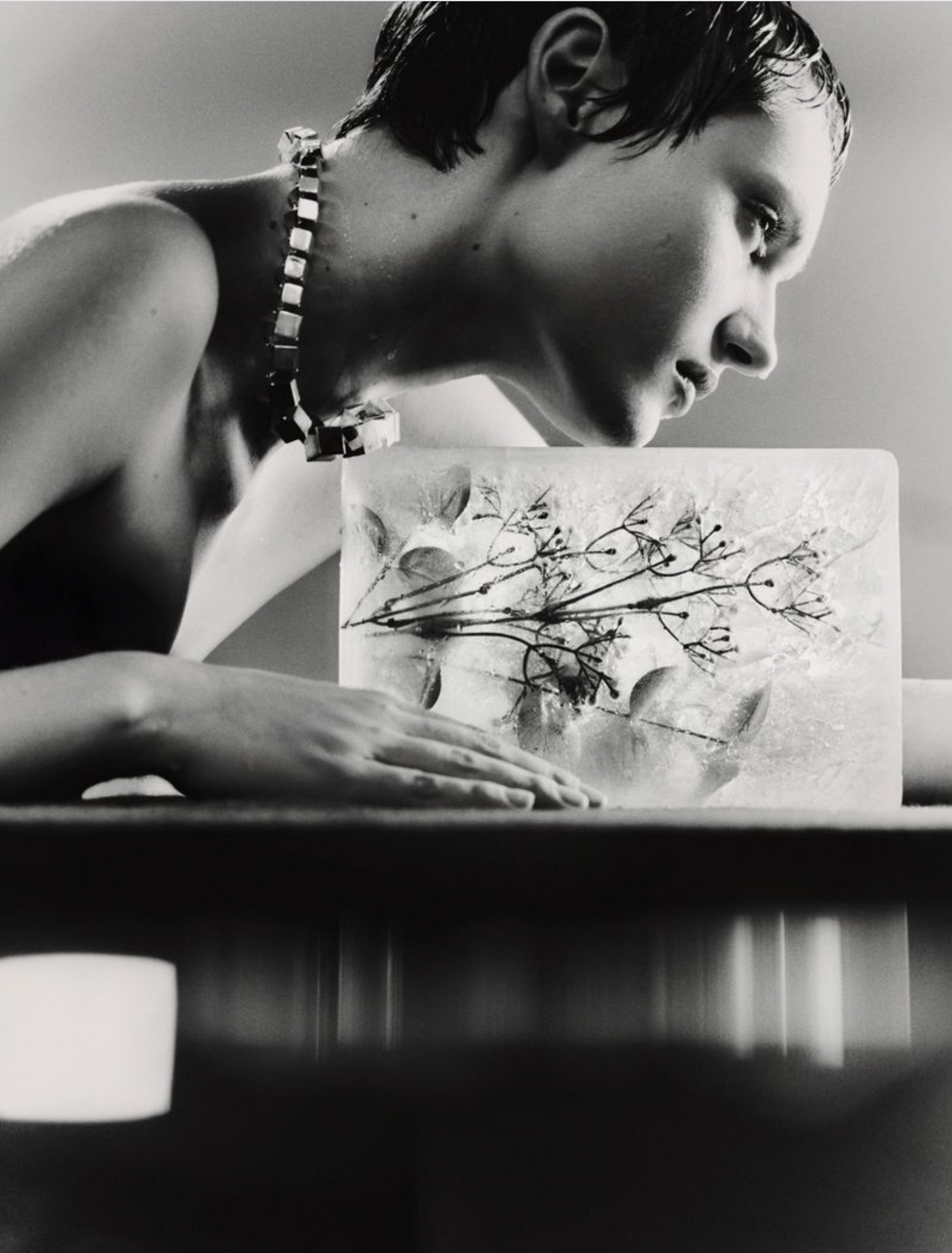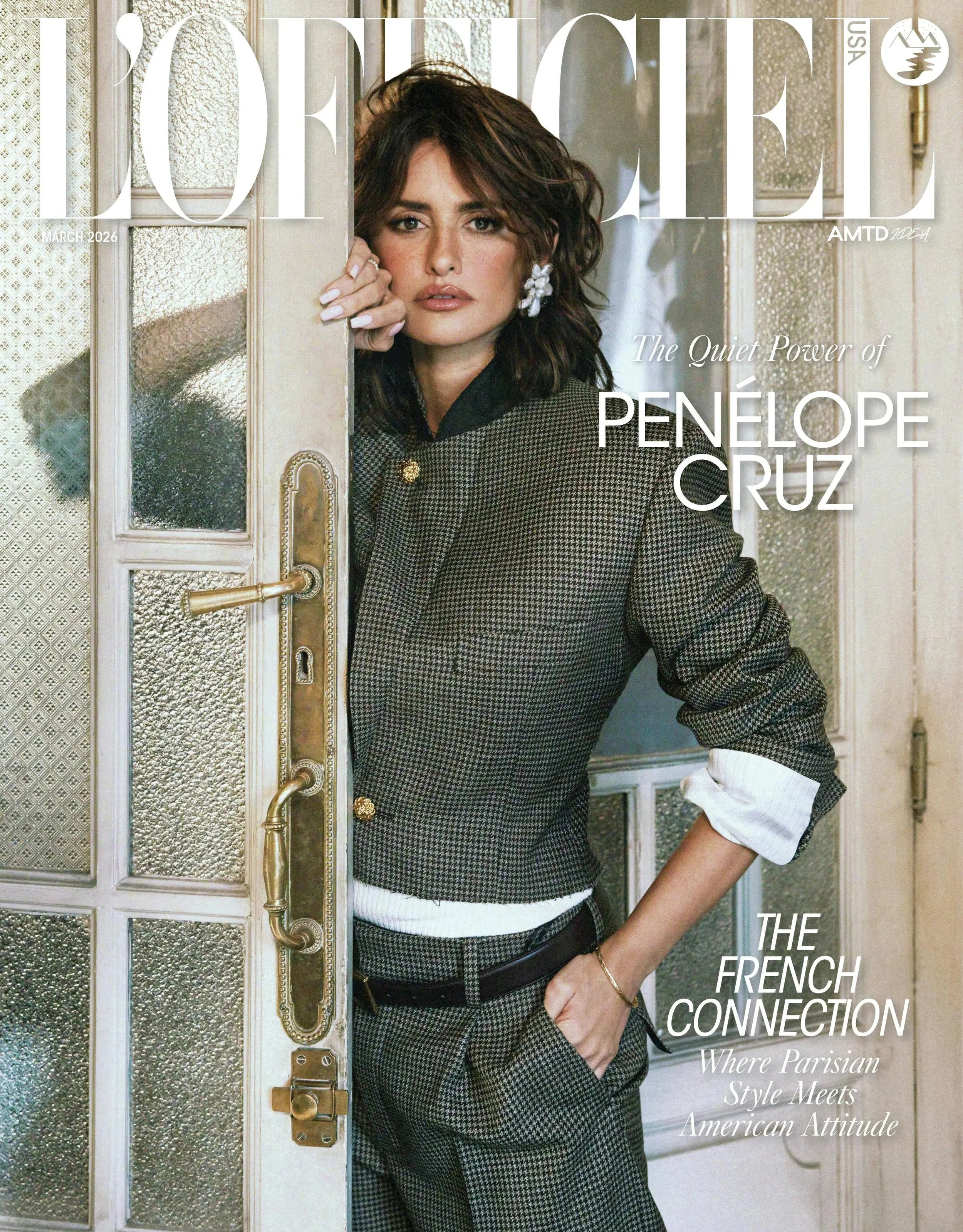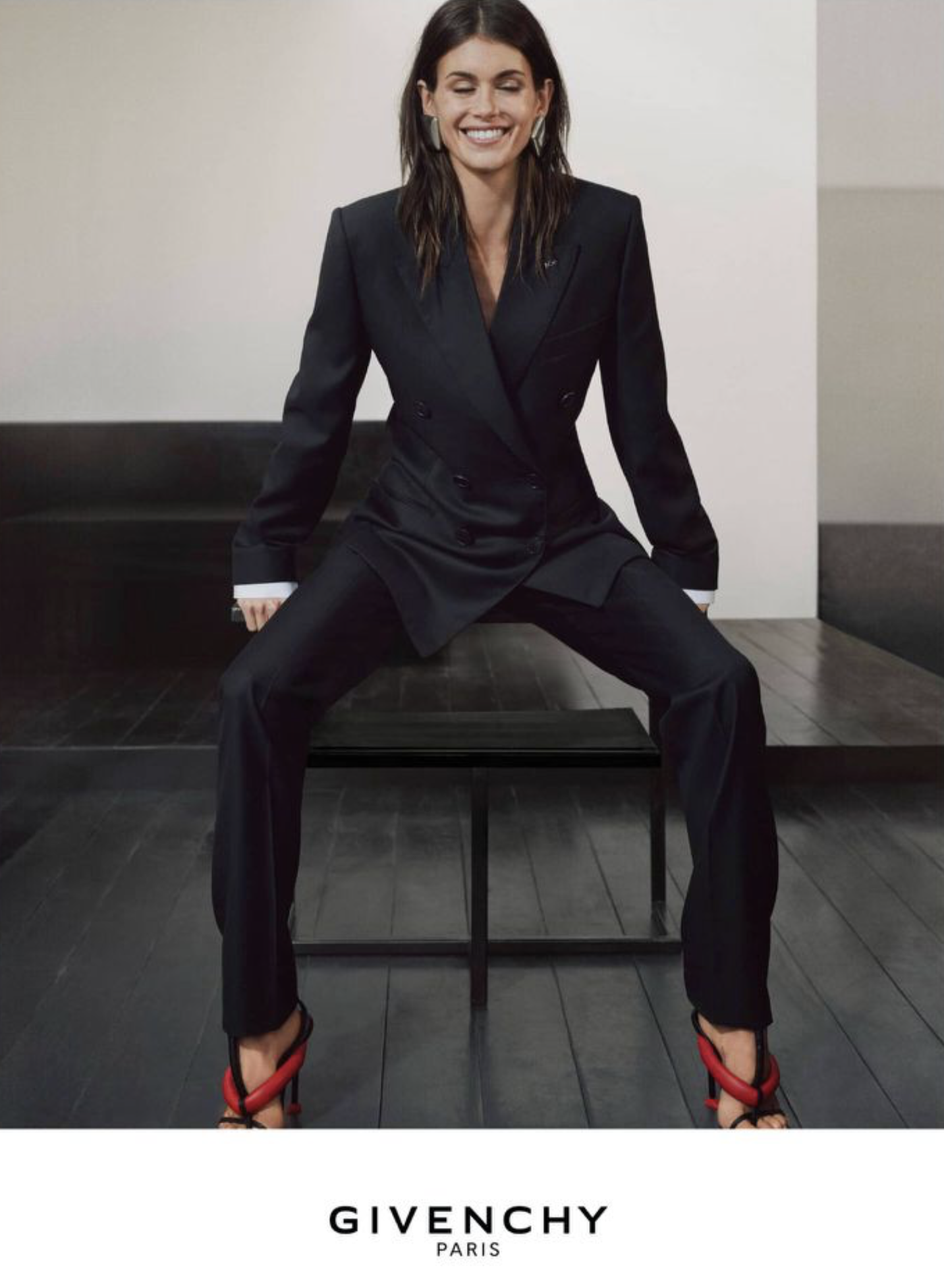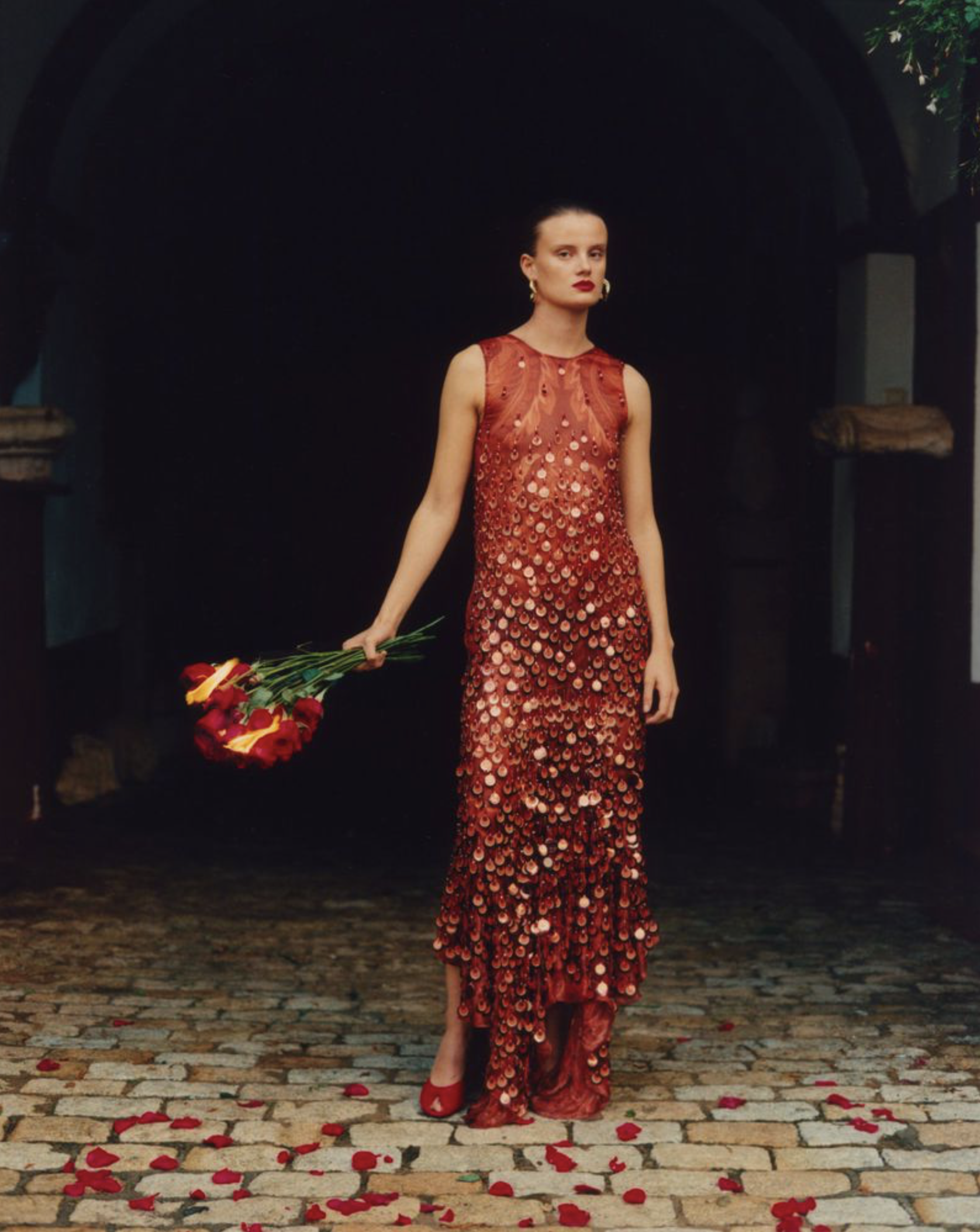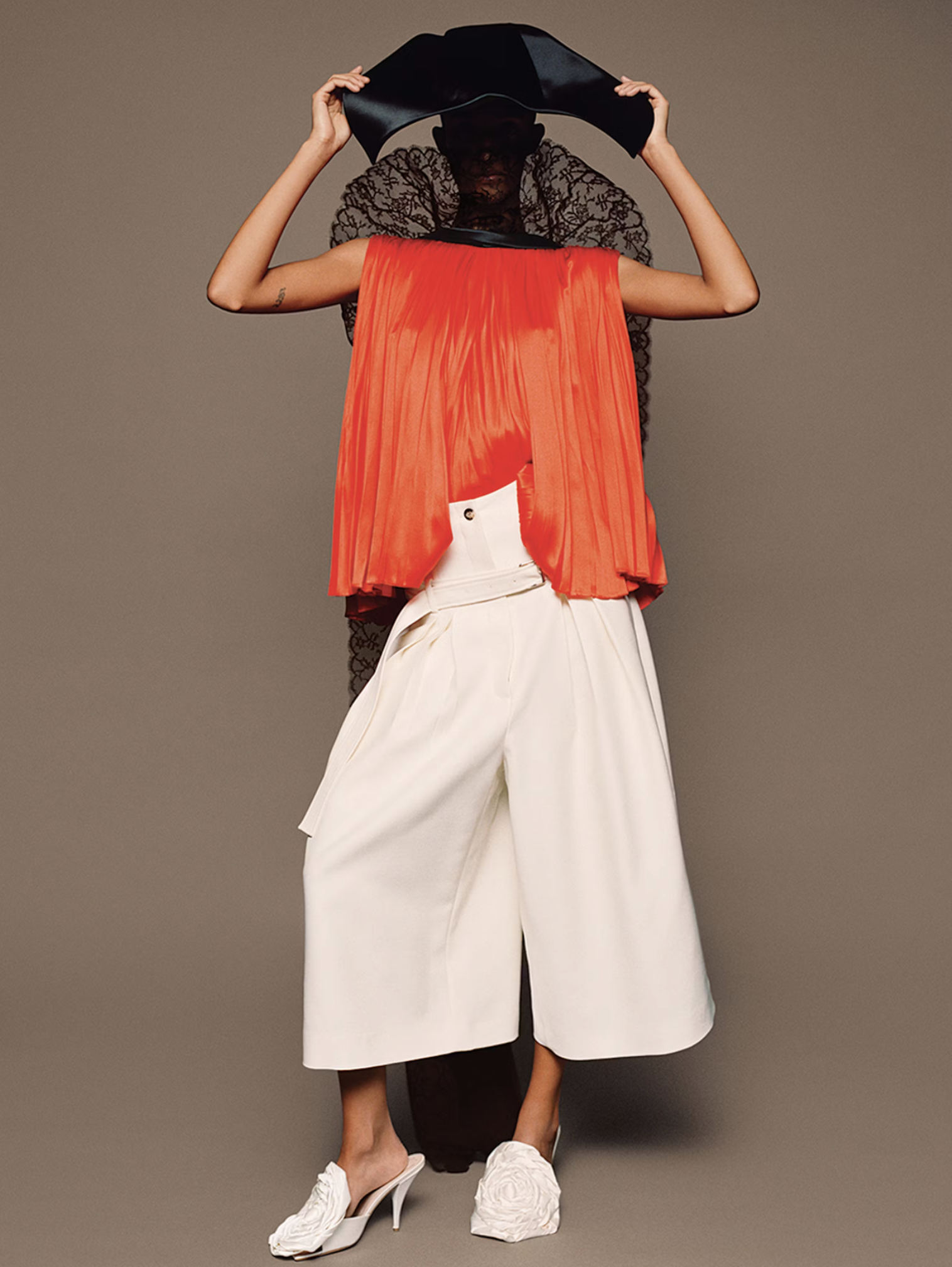Janaya Future Khan for AnOther Magazine FW 2020.21 | Janelle Monáe Interview
/Co-founder of Black Lives Matter Canada Janaya Future Khan, covers the Autumn Winter 2020.21 issue of AnOther Magazine. Khan is styled by Nell Kalonji in androgynous fashion from BALENCIAGA, CHARLES JEFFREY LOVERBOY, LUDOVIC DE SAINT SERNIN, MARTINE ROSE, PRADA, PYER MOSS, SR STUDIO LA CA and more.
Collier Schorr captures Janaya Future Khan in ZOOM convo with singer, actor, producer, activist Janelle Monáe about the current cultural, political, activist landscape. Lynette Nylander creates the text, and AOC HIGHLY RECOMMENDS that we read the entire interview. No AOC skimming on this one. Of course, we call out key paragraphs.
Read the interview and see the fashion credits at AnOther Magazine.
Both Khan and Monáe cover the current issue of V Magazine 127 get out the vote issue.
JK on struggling families and the power of Aunties, speaking of life growing up in Canada.
I went through the group-home system, the foster-care system, family shelters. That’s where I was when I started high school, and my first experience of activism was in those women’s shelters. Women who had been through impossible circumstances, they saw that this tiny family was struggling. It’s very difficult to start high school when you’re living in a women’s shelter, and they realized we were grappling with the shame of it. This was back when we called each other on landlines, and so when they answered the phone in the shelter, they would say they were our aunties. Someone said to me, “How many aunties you got?” I said, “A lot!” I was struggling, I was very angry, frustrated, and I didn’t feel like there was a place in the world for me. And despite the fact they were working through all this hardship and sadness, they were kind to me. When I look back, that was one of my most formative experiences of activism, which is just being for someone else who you needed most in your most vulnerable moments.
JK about the impact of Janelle Monáe’s 2010 debut studio album The ArchAndroid.
You feel like you’re losing your mind. I would listen to The ArchAndroid, I’d listen to Cindi Mayweather [Monáe’s android alter ego] telling the story – there’s love in it, revolution, and the Black experience was transcendent. It was queer, it was radical, you were giving it a language, and I felt less crazy. So your music was the soundtrack for the movement for me. I think you’re both of the people and also a bit prophetic, because the evolution of your music has also been in line with our movement. We spent the first few years really grappling with the idea that we had no leaders. People would say, “You have no leaders,” and we’d say we are a leaderful movement, because our movement was full of women. But because there was no single male leader we were cast aside. So, seeing the embrace of Black women’s leadership and Black queer trans leadership, despite all the pushback and the hate – this year is the seventh birthday of the movement.
JK on boxing as a key ingredient in the development of identity.
So when I discovered that I was queer in a really mundane way ... I don’t have this amazing coming-out story, it was through boxing. It was being, for the first time, in tune with my body. I walked into this all-women boxing gym – which is so gay already – and there were all these domestic violence survivors, dykes, trans people, people who had built this really remarkable community, and their existence was the invitation to me. Boxing has always run parallel to and informed my relationship to activism. When I came out as queer it wasn’t this big thing. Because I realised that queerness, and later on realising I was non-binary, it didn’t feel more significant to me than coming out as a freedom fighter or as a revolutionary. These things felt one and the same. I started to fight for Black Lives Matter because I am Black, but I fight for BLM now because I understand that Black liberation is integral for all liberation. And my job is to make this revolution irresistible.
JK on hope and people power in this moment.
We fought and we hoped and we worked, because hope is a discipline, hope is a muscle. And we tried to make this story meaningful, the idea that everything around us could be different. And it took the pandemic to bring home how unstable our sense of security truly is. In this moment where we had to witness this horrific murder of a man, George Floyd, at a time when we are being ravaged by a virus that is almost acting as a culling of the most vulnerable populations under a hateful administration. While we’re saying that essential workers, who are largely Black and brown people, their lives are meaningless. And even the old American gods, the tenants of success, like doctors and nurses, their lives are just as meaningless to the oligarchs as my own. This is an incredible moment of solidarity, a crack in the system, and we just rushed it because, finally, people are asking the right questions. So when the question came, “What’s to be done?” the answer was, “Well, what’s needed?”
DO READ the entire interview at AnOther Magazine. Every word matters. ~ Anne
